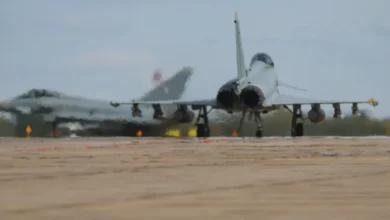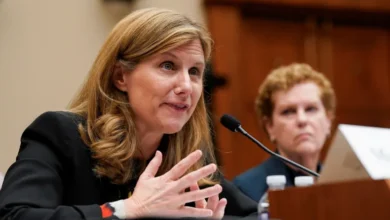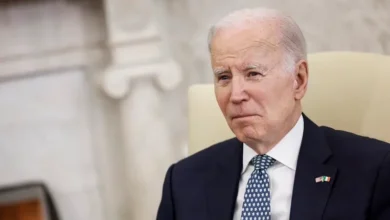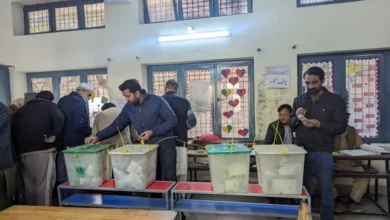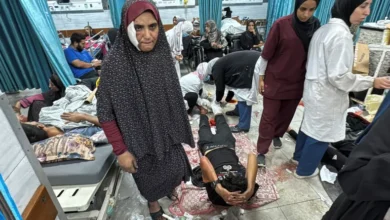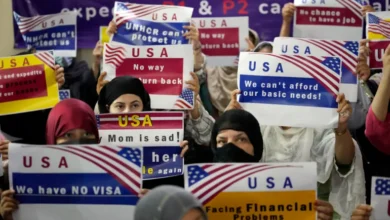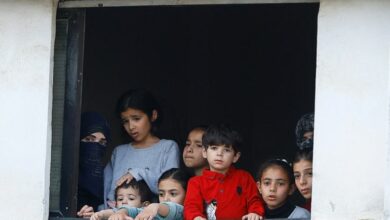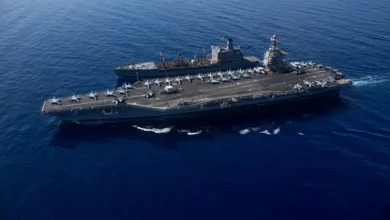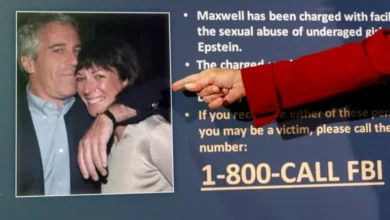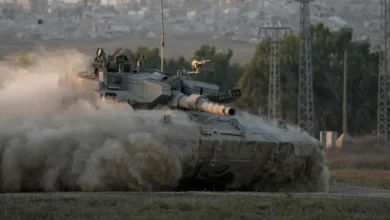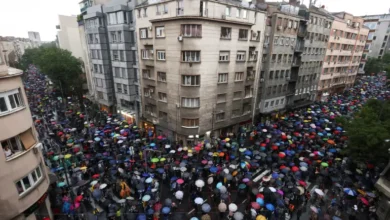Official says Hamas accepts ceasefire resolution
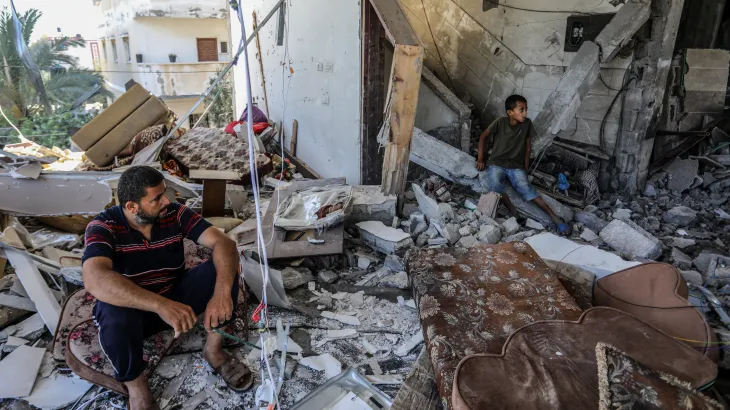
- Hamas has agreed to a ceasefire resolution adopted by the UN Security Council, senior Hamas official Sami Abu Zuhri tells the Reuters news agency.
- Israel’s military says it has carried out targeted raids in Rafah, taking out fighter cells and calling in air strikes throughout southern and central Gaza.
Like Sri Lanka once did, Israel has turned ‘safe zones’ into killing fields
The genocide in Gaza is not taking place in the dark.
Media outlets have already shown how the “safe area” south of Wadi Gaza has been pummelled by 2,000-pound bombs, killing thousands of Palestinians.
The ICC has collected evidence and is now seeking arrest warrants against Netanyahu and Galant for their alleged war crimes and crimes against humanity. The ICJ has observed Israel’s deployment of relentless violence against civilians and ordered the government to “immediately halt” its offensive in Rafah.
Israel responded to the ruling of the highest court of the land by continuing its bombing of safe zones.
Fewer than 100,000 people left in Rafah: UNRWA
More than month after Israeli forces began operating in Rafah, which was previously Gaza’s main declared safe zone, almost all displaced people have fled the area, leaving fewer than 100,000 still left, according to the UNRWA.
As a result, there are now 1.7 million displaced people in Gaza – more than 70 percent of the population – with many of the displaced having been forced to move multiple times, the UNRWA said in its latest situation update.
Why ‘All Eyes on Rafah’ campaign did nothing to stop Gaza massacres
After an Israeli attack killed dozens in a Rafah tent camp, the image with the phrase “All Eyes on Rafah” went viral.
But the online movement did little to stop the onslaught in Gaza.
As the war enters its ninth month, how are activists using online campaigns to raise their voice and what effect can they have?
Israeli forces say military operation in central Gaza ends
The Israeli forces have announced the end of their military operation in the central Gaza Strip, about six days after its launch.
On June 5, the Israeli army announced that the 98th Division had begun an operation east of Bureij refugee camp and east of Deir el-Balah in the central governorate of Gaza.
During the operation, Israeli forces rescued four captives on Saturday in the Nuseirat refugee camp – in the process killing more than 270 Palestinians and wounding 700 others. Hamas said three other captives were also killed in the operation.
Israeli forces took over home, shot at car during West Bank raid: Witness
Ghassan Abdo, the uncle of one of the Palestinian men killed by Israeli forces during their raid of the West Bank town of Kufr Ni’meh, has said Israeli special forces broke into his home to wage an attack on a vehicle passing by.
“After that, those who were on the roof of our house started shooting everywhere randomly,” said Abdo, calling their actions a “big crime”.
Hamas, as we reported earlier, has said one of its commanders was among four people killed during the raid.
Three killed in Rafah
Two people were also injured by Israeli shelling in central Gaza’s Maghazi’s camp, according to their report.
Cautious hopes in Gaza after UN ceasefire resolution
There have been very low quantities of food coming into Gaza – people are striving to find anything.
There has been no meat, no chicken, no vegetables and no fruit for the past couple of weeks.
Even goods like shampoo and cleaning supplies are not available any more. The Gaza Strip is in severe need of everything.
In the last couple of minutes, we have been hearing that people are very happy [they expect] more aid, more food to come.
They’re saying this may be related to the UN resolution. People feel there is something positive coming, but at the same time they’re very worried whether it will last or if ceasefire talks will fail again.
Events since October 7 ‘stain on humanity’
UN humanitarian chief Martin Griffiths is now speaking at the summit.
He starts off by saying that “what we’ve witnessed since October 7 last year is a stain on humanity”.
He called for opening of all crossings and the flow of aid and medical personnel to be allowed into Gaza.
UN chief calls for ‘all available routes into Gaza’ to be operational
Guterres has also called on parties to respect their obligations under international humanitarian law.
“This includes facilitating the delivery of humanitarian aid both into and inside Gaza as they have committed. All available routes into Gaza must be operational and the land routes are absolutely crucial,” he said.
He called for safe routes for humanitarian aid delivery and for the protection of UNRWA workers who “need unimpeded access”.
“Civilians must be allowed to seek safety and civilians and the infrastructure they rely on must never be militarised or targeted,” he said.
UN chief urges parties to agree on ceasefire plan
Describing conditions in Gaza as “deplorable”, UN chief Guterres has called for all parties to reach an agreement on the latest ceasefire plan.
“I welcome the peace initiative recently outlined by President Biden and urge all parties to seize this opportunity and come to an agreement,” Guterres said.
